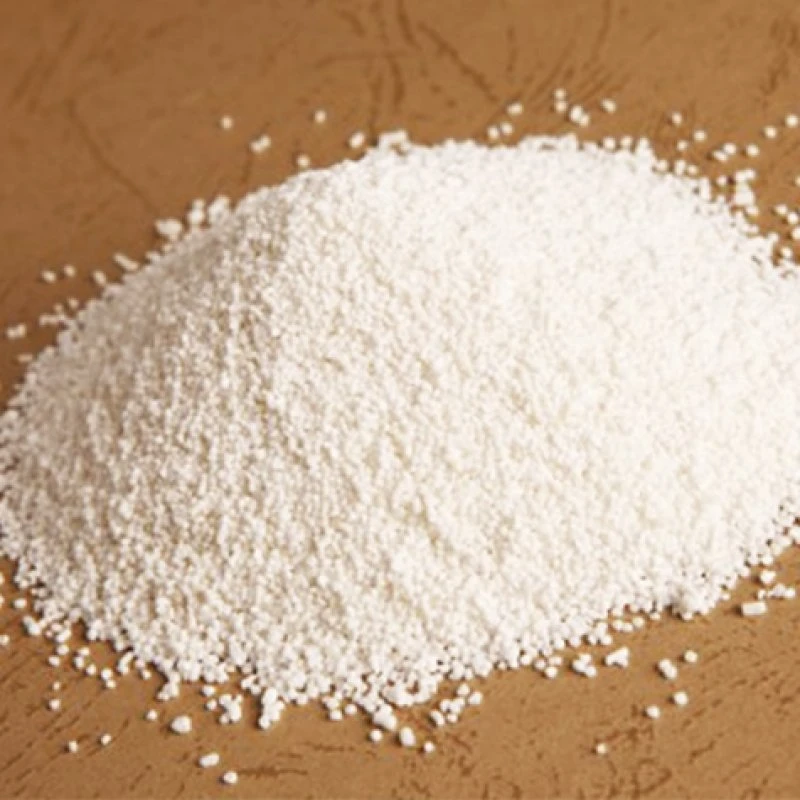



Exploring the Applications and Benefits of Polyacrylamide in Various Industries
The Function of Polyacrylamide in Various Applications
Polyacrylamide (PAM) is a versatile and widely-used synthetic polymer that plays a significant role in various industrial and environmental applications. Due to its unique properties, polyacrylamide has gained significant attention in sectors such as water treatment, agriculture, and even biomedical research. This article delves into the multifaceted functions of polyacrylamide and its impact on various fields.
Water Treatment
One of the primary applications of polyacrylamide is in water treatment processes. PAM is utilized as a flocculant, which aids in the aggregation of suspended particles in water, thereby enhancing sedimentation. This process is crucial in municipal water treatment facilities and industrial applications where clarification is necessary to remove impurities. The ability of polyacrylamide to bind with other particles allows for the efficient removal of solids and contaminants, resulting in cleaner and safer water. Moreover, PAM can help in reducing the use of chemical coagulants, making the water treatment process more environmentally friendly and cost-effective.
Soil Stabilization and Agricultural Improvement
In agriculture, polyacrylamide serves as a soil conditioner that improves soil structure and moisture retention. The polymer's ability to form a gel-like substance enhances the soil's capacity to hold water, thereby reducing irrigation frequency and conserving water resources. This is particularly beneficial in arid regions where agriculture is often challenged by limited water supply. Polyacrylamide applications can lead to improved crop yields, increased nutrient retention, and enhanced soil aeration. Furthermore, it provides resistance against erosion, thereby protecting valuable topsoil and promoting sustainable agricultural practices.
polyacrylamide function

Enhanced Oil Recovery
Polyacrylamide also finds utility in the oil and gas industry, primarily in enhanced oil recovery (EOR) techniques. In EOR, PAM is employed to improve the extraction of oil from reservoirs. By injecting polyacrylamide-based solutions, oil production rates can be significantly increased. The polymer enhances the viscosity of the injection fluid, which improves the mobility of oil within the reservoir and facilitates its flow towards the production wells. This technology not only optimizes oil recovery but also minimizes the environmental impact associated with traditional extraction methods.
Biomedical Applications
In the biomedical field, polyacrylamide has gained traction as a material for drug delivery systems and tissue engineering. Its biocompatibility and versatility allow for the design of hydrogels that can encapsulate therapeutic agents, enabling controlled release over time. These innovative drug delivery systems can enhance the efficacy of medications while minimizing side effects. Additionally, polyacrylamide-based hydrogels are used in tissue scaffolding for regenerative medicine, providing support for cell growth and facilitating the repair of damaged tissues. The ability to tailor the mechanical and chemical properties of PAM-based materials makes them ideal candidates for a range of biomedical applications.
Conclusion
The function of polyacrylamide spans across various domains, showcasing its versatility and effectiveness as a polymeric material. From improving water treatment processes to enhancing agricultural practices and facilitating advancements in biomedical research, PAM continues to make significant contributions. As research and technology evolve, the potential applications of polyacrylamide are expected to expand even further, promising innovative solutions to some of the pressing challenges faced in today’s world. Its adaptability and efficiency make polyacrylamide a vital material for both current and future applications, reinforcing its importance in industrial and environmental contexts.
-
Why Sodium Persulfate Is Everywhere NowNewsJul.07,2025
-
Why Polyacrylamide Is in High DemandNewsJul.07,2025
-
Understanding Paint Chemicals and Their ApplicationsNewsJul.07,2025
-
Smart Use Of Mining ChemicalsNewsJul.07,2025
-
Practical Uses of Potassium MonopersulfateNewsJul.07,2025
-
Agrochemicals In Real FarmingNewsJul.07,2025
-
Sodium Chlorite Hot UsesNewsJul.01,2025










